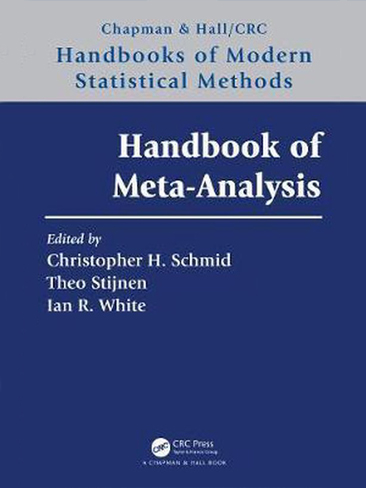


Meta-analysis is the application of statistics to combine results from multiple studies and draw appropriate inferences. Its use and importance have exploded over the last 25 years as the need for a robust evidence base has become clear in many scientific areas, including medicine and health, social sciences, education, psychology, ecology, and economics.
Recent years have seen an explosion of methods for handling complexities in meta-analysis, including explained and unexplained heterogeneity between studies, publication bias, and sparse data. At the same time, meta-analysis has been extended beyond simple two-group comparisons of continuous and binary outcomes to comparing and ranking the outcomes from multiple groups, to complex observational studies, to assessing heterogeneity of effects, and to survival and multivariate outcomes. Many of these methods are statistically complex and are tailored to specific types of data.
Key features
This book is for a broad audience of graduate students, researchers, and practitioners interested in the theory and application of statistical methods for meta-analysis. It is written at the level of graduate courses in statistics, but will be of interest to and readable for quantitative scientists from a range of disciplines. The book can be used as a graduate level textbook, as a general reference for methods, or as an introduction to specialized topics using state-of-the art methods.
22. Meta-Analysis of Prediction Models
